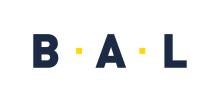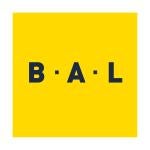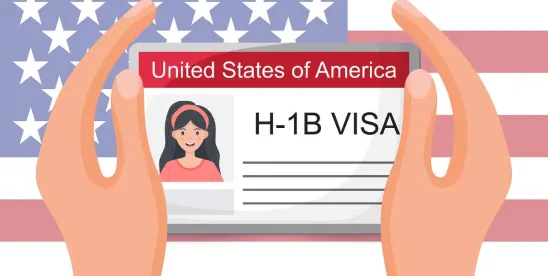In March, USCIS conducted an initial random selection for registrations for the Fiscal Year 2025 H-1B cap. Recently, they determined they would need to select additional registrations to reach the FY 2025 regular cap and as of Aug. 5, USCIS announced a sufficient number of registrations for the second H-1B lottery had been reached and all prospective H-1B petitioners with selected registrations that are eligible to file had been notified.
Only petitioners with selected registrations are eligible to file H-1B cap-subject petitions and every year demand outpaces supply. Under federal law, 85,000 cap-subject visas are available each year, including 20,000 set aside exclusively for advanced degree holders. In recent years, demand for H-1Bs has skyrocketed — even through a global pandemic and an uncertain economy. On top of that, the H-1B registration fee is set to jump from $10 to $215 next year, providing another hurdle for employers hiring highly skilled foreign national talent.
The H-1B program continues to be oversubscribed, and given the low selection rate in recent years, contingency planning is as important as ever. A good H-1B contingency plan for valued employees can set an organization up for success. Whether it is a backup plan for employees whose current work authorization will expire this year or next or an effective talent recruitment plan for future employees, organizations can utilize these common H-1B alternative visa options to better ensure sponsorship:
Plan (H-1)B: Viable alternatives to the H-1B visa
The challenge:
85,000 cap-subject visas are available each year, including 20,000 set aside exclusively for advanced degree holders
The H-1B registration fee is set to jump from $10 to $215 for FY 2026
Demand for H-1B visas continues to skyrocket as U.S. businesses seek highly skilled workers
Data trends:
For FY 2025, USCIS selected 114,017 out of 442,000 registrations, which is a selection rate of about 25.6%
This is comparable to the FY 2024 selection rate of 24.8%, but lower than the FY 2023 rate of 26.9%
The selection rate has been dropping in recent years, with 46.17% in 2021 and 43.76% in 2022
Key takeaway:
The H-1B program continues to be oversubscribed, and given the low selection rate in recent years, contingency planning is as important as ever.
Alternative visa options to consider:
Nationality-specific nonimmigrant visas. Temporary nonimmigrant visas such as H-1B1 specialty occupation visas for citizens of Chile and Singapore, E-3 specialty occupation status for Australian citizens and TN classification for citizens of Canada and Mexico.
L-1 intracompany transfer visas. The L-1 category allows companies with international offices to transfer employees in managerial or specialized knowledge positions from a foreign branch or affiliate office to their U.S. offices.
O-1 “extraordinary ability” visas. Individuals demonstrating extraordinary ability in business, science, education, art or athletics may qualify for an O-1 visa.
J-1 exchange visas. Companies may bring foreign students and graduates of foreign universities to the U.S. as trainees for up to 18 months or as interns for up to 12 months.
Spousal visas. In some cases, spouses of nonimmigrant visa holders may be eligible for work authorization.




 />i
/>i

